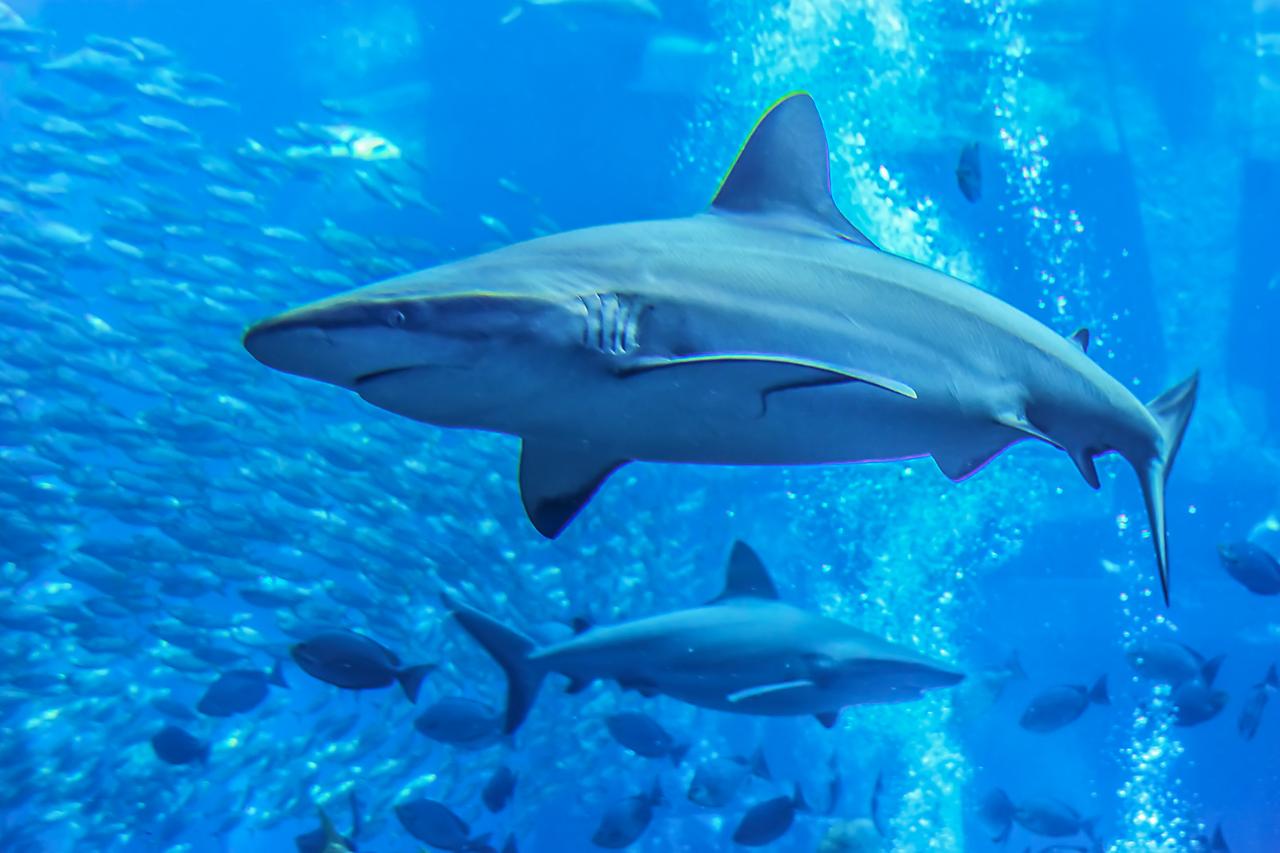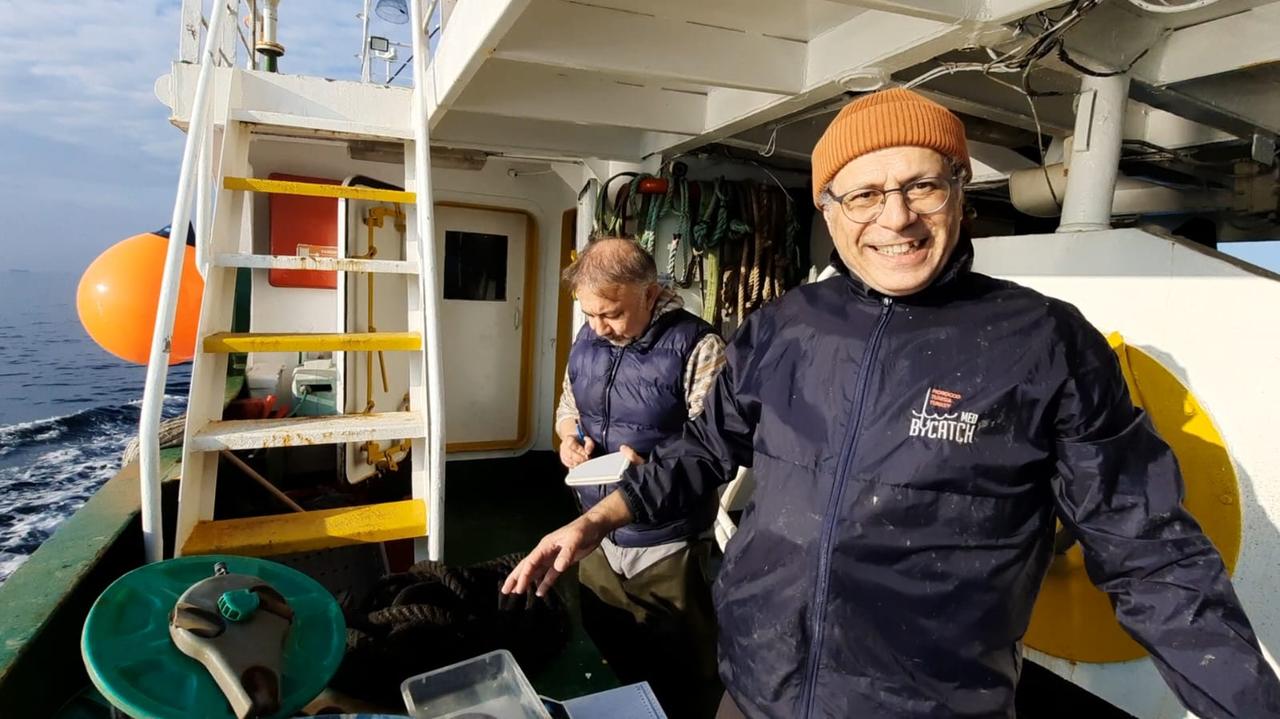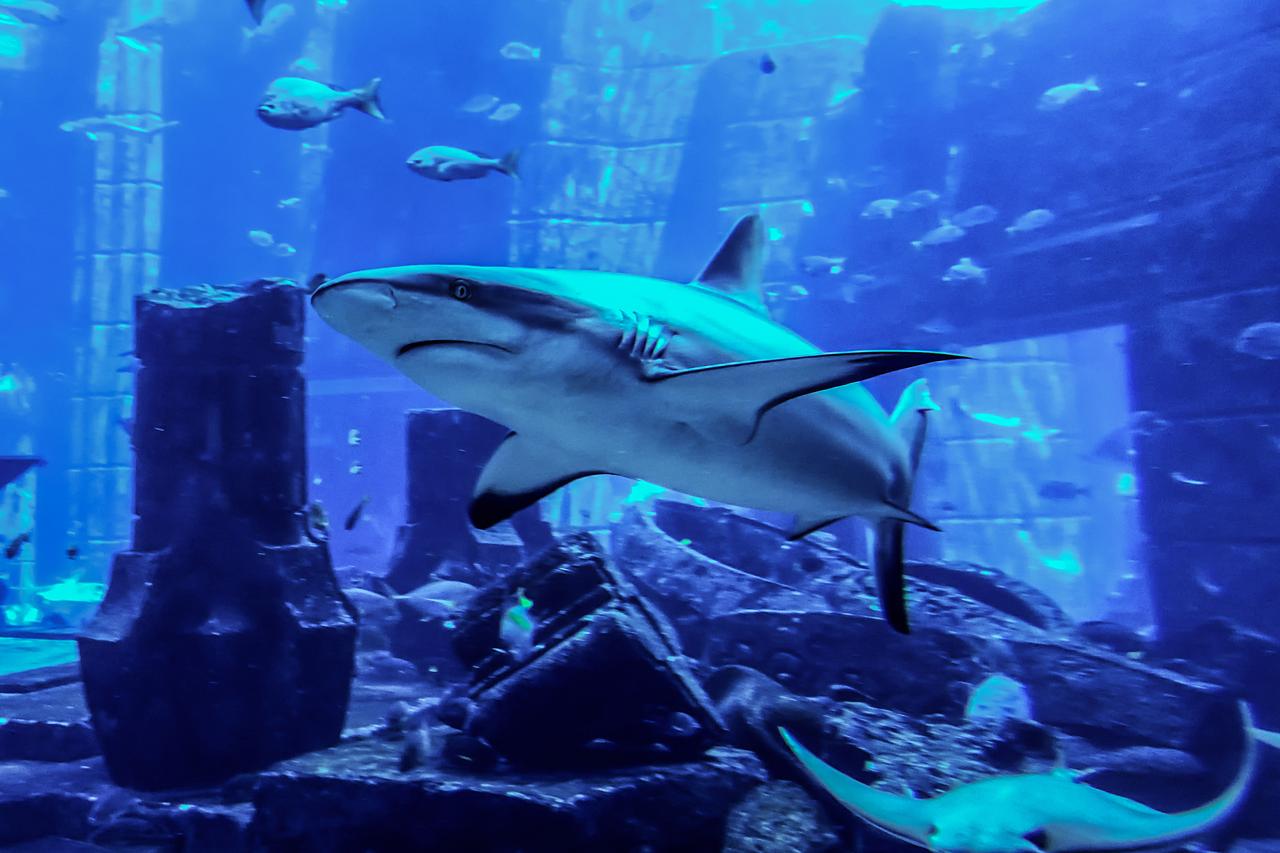
Falling oxygen levels in the Marmara Sea are forcing shark species and other cartilaginous fish toward coastal areas in search of livable habitats, said Hakan Kabasakal, fish advisor at World Wide Fund for Nature (WWF)-Türkiye.
"The combined effects of pollution and climate change have caused a sharp decrease in oxygen levels, especially in the deep waters of the Marmara Sea," Kabasakal told Anadolu Agency.
"This has led to mass migrations of cartilaginous fish into coastal waters," marine life expert Kabasakal noted.

Cartilaginous fish—including sharks, rays, skates, and chimaeras—require high oxygen levels due to their fast metabolisms. "They need at least 4.5 milligrams of oxygen per liter of seawater to survive under normal conditions," Kabasakal said.
"Today, in deep Marmara, oxygen levels in many areas have dropped below 2 milligrams per liter. In some zones beyond 100 meters, it's under 1 milligram, and in areas deeper than 200 meters in eastern Marmara, oxygen has reached zero," he added.
He also noted that the decline is forcing fish into shallow waters, where they encounter both human activity and intensified fishing pressure.

Kabasakal clarified that the species approaching shorelines are not dangerous to humans by noting, "Aggressive shark species like the great white shark left the Marmara Sea 40 years ago."
"The ones we now see near coasts are mostly small, timid species called smooth-hounds, rarely exceeding 2 meters in length," he clarified. Kabasakal noted that during a three-year study, researchers observed coastal shark populations peaking, only to crash in 2024.
"Due to continued deoxygenation in deep waters, these fish can't return, but they also can't thrive in their new coastal environments because of overfishing," he added.
Kabasakal announced that he is also conducting a study on historical shark attacks in the Mediterranean.
"We aim to show that shark attacks in Türkiye are far fewer than people assume and to challenge fear narratives shaped by films and media," he noted.
Of the 1,266 known cartilaginous fish species in oceans, nearly one-third face extinction this century if current conditions persist.
"The biggest cause is overfishing, followed by habitat destruction, climate change, and marine pollution," Kabasakal warned. He added that these species play a crucial role in marine ecosystems as apex predators and that disruptions to their populations can collapse entire food chains.
Kabasakal lastly noted that WWF-Türkiye's wildlife monitoring app Gozum Dogada ("My Eye on Nature") is a tool for tracking sightings.
"Türkiye has nearly 9,000 kilometers of coastline. While it's impossible to place researchers everywhere, people across the country can use the app to share sightings, like a washed-up shark," he said.
"The more data we have, the stronger our conservation efforts become," he concluded.